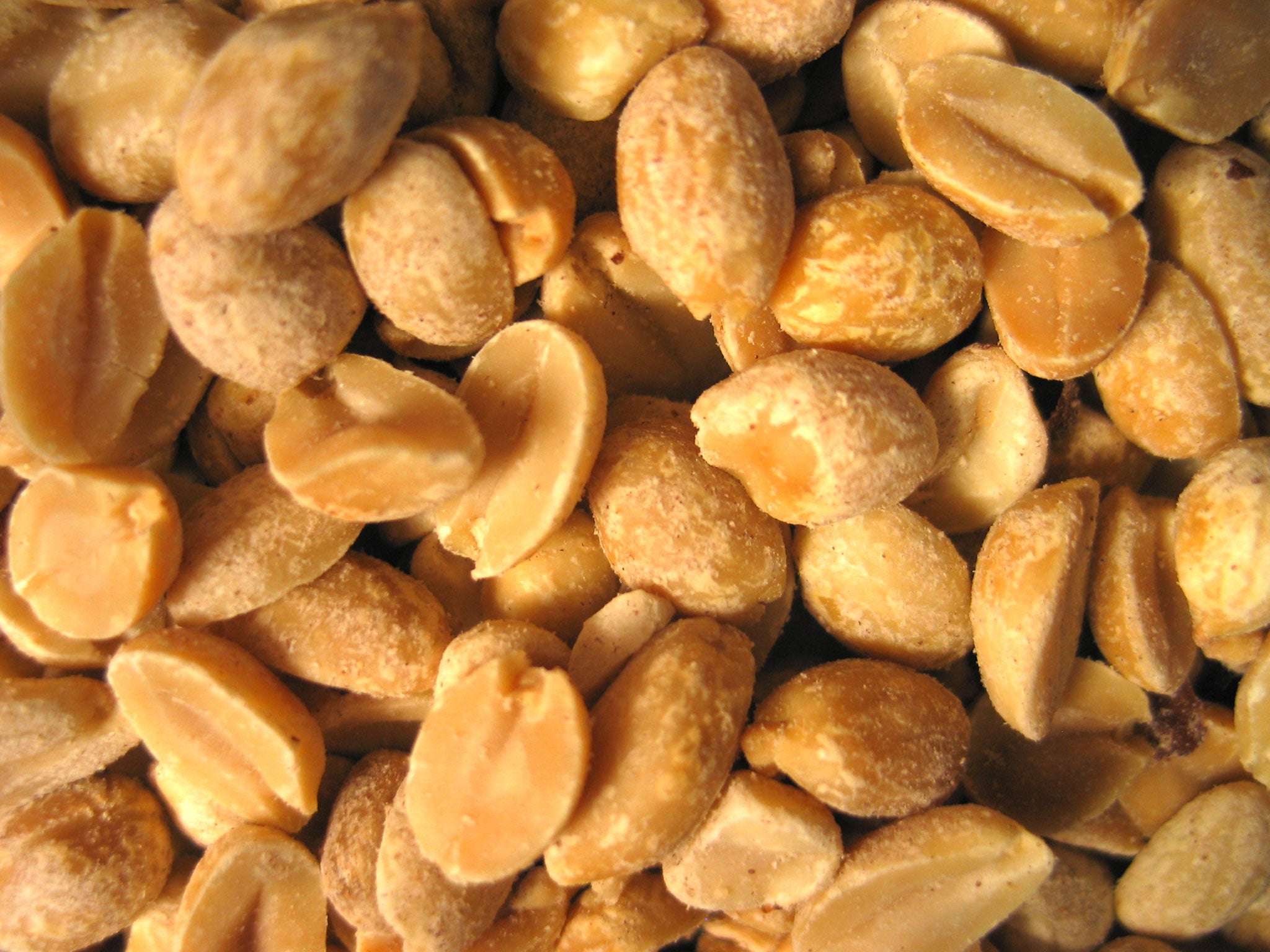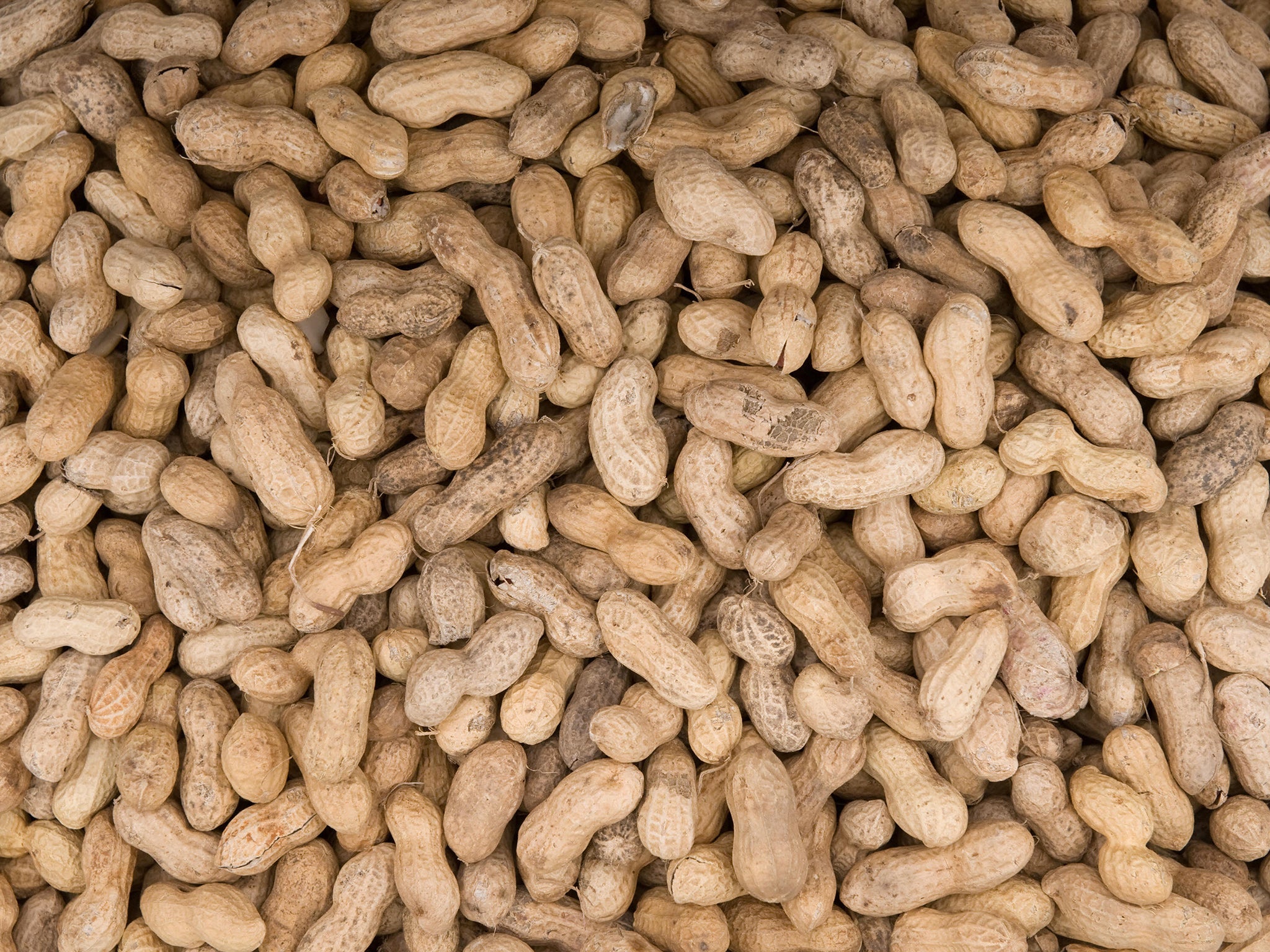Children fed peanuts are less likely to develop an allergy, study claims
Lead scientist: 'Our findings suggest that the previous advice was incorrect'

Young children fed small amounts of peanuts in their diet are less likely to develop a peanut allergy in later life, according to a study that overturns traditional medical advice on how to avoid the potentially fatal condition.
Research involving 600 infants aged between four and 11 months who were at high risk of developing peanut allergies found that a regular diet of at least 6g of peanut protein per week appeared to protect against the development of the immune reaction.
The children, who already suffered from eczema or egg allergy and so were prone to developing a peanut allergy, were split into two groups.
One followed existing advice and avoided peanut protein, while rest of the children were fed a regular diet of peanut protein.
By the age of five, some 17 per cent of the children in the avoidance groups had developed peanut allergy, compared with 3 per cent in the exposure group, says the study published in the New England Journal of Medicine.

Professor Gideon Lack, of King’s College London, said: “For decades, allergists have been recommending that young infants avoid consuming allergenic foods such as peanut to prevent food allergies.
“Our findings suggest that this advice was incorrect and may have contributed to the rise of peanut and other food allergies.”
Peanut allergies, which have doubled over the past few decades and affect about one per cent of the population, can cause hives, abdominal pain and severe anaphylaxis, which can kill if left untreated.
Professor Lack added: “This is an important clinical development and contravenes previous guidelines.
“While these were withdrawn in 2008 in the UK and US, our study suggests that new guidelines may be needed to reduce the rate of peanut allergy in our children.
“The study also excluded infants showing early strong signs of having already developed peanut allergy; the safety and effectiveness of early peanut consumption in this group remains unknown and requires further study.
“Parents of infants and young children with eczema and, or egg allergy should consult with an allergist, paediatrician, or their general practitioner prior to feeding them peanut products.”
The co-investigator of the study, Dr George Du Toit, a consultant in paediatric allergy at Guy’s and St Thomas’ NHS Foundation Trust and an honorary senior lecturer at King’s College London, said: “ [We] will continue to monitor those children who consumed peanut to see if they remain protected against allergy even if they stop consuming peanut for 12 months.”
Join our commenting forum
Join thought-provoking conversations, follow other Independent readers and see their replies
Comments
Bookmark popover
Removed from bookmarks